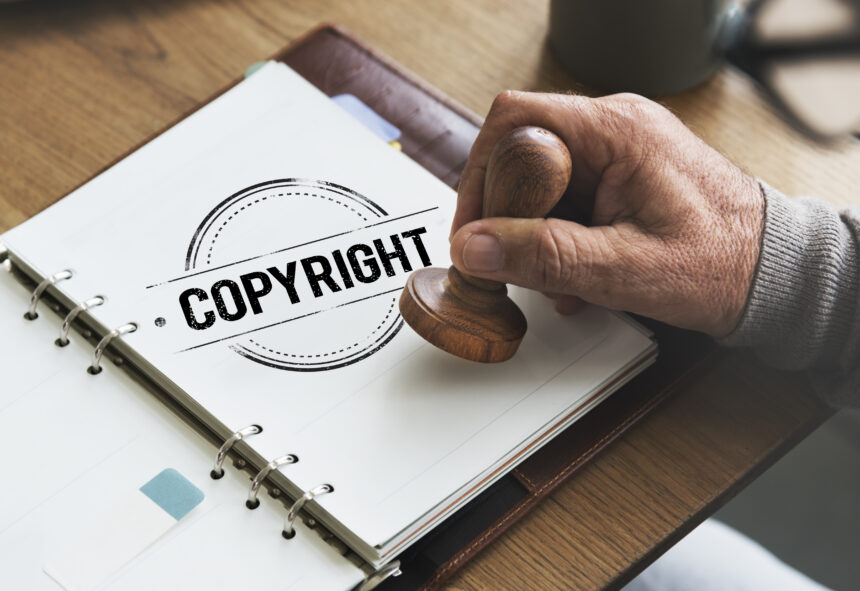Non-fungible tokens (NFTs) have gained significant popularity in recent years, revolutionizing the art and collectibles market. These unique digital assets, which are based on blockchain technology, have opened up new possibilities for creators, investors, and collectors. However, the rise of NFTs also raises important considerations regarding intellectual property rights. In the context of South African investors, understanding the intersection of NFTs and intellectual property is crucial. This article explores the key considerations for South African investors in relation to NFTs and intellectual property rights.
What are NFTs?
NFTs are digital tokens that represent ownership or proof of authenticity of a unique item or piece of content. Unlike cryptocurrencies such as Bitcoin or Ethereum, which are fungible and can be exchanged on a one-to-one basis, NFTs are indivisible and cannot be exchanged on a like-for-like basis. NFTs can represent various types of digital assets, including artwork, music, videos, virtual real estate, and more.
Intellectual Property Rights
Intellectual property (IP) refers to the legal rights that are granted to creators and owners of intellectual and creative works. In South Africa, IP rights are protected through legislation such as the Copyright Act, the Trade Marks Act, and the Designs Act. These laws provide creators with exclusive rights to their works, allowing them to control and monetize their creations.
NFTs and Copyright
Copyright is a significant area of intellectual property rights that intersects with NFTs. Copyright automatically protects original works of authorship, including literary, artistic, musical, and dramatic works. When a creator mints an NFT of their work, they are essentially tokenizing their copyright and transferring ownership or licensing rights to the buyer.
South African investors who are considering purchasing or trading NFTs should be aware that the copyright ownership of a digital artwork does not automatically transfer with the purchase of an NFT. While the NFT may serve as proof of authenticity and ownership, it does not grant the buyer the underlying copyright. Therefore, it is crucial for investors to understand the terms and conditions of the NFT marketplace or platform they are using, as these terms may vary and impact the rights associated with the NFT.
It is also important to note that creating an NFT of someone else’s copyrighted work without permission could infringe upon their rights. South African investors should exercise caution and due diligence to ensure they are not inadvertently infringing on any copyrights when trading or investing in NFTs.
Derivative Works and Transformative Use
Another consideration for South African investors is the concept of derivative works and transformative use. NFTs enable the creation of derivative works, which are new works that are based on or derived from existing copyrighted works. However, creating a derivative work based on someone else’s copyrighted work typically requires permission from the copyright owner.
Transformative use is another aspect to consider. Transformative use refers to the creation of a new work that adds value or significantly alters the original work’s meaning, message, or expression. Transformative use may be permissible under certain circumstances, such as when the new work serves a different purpose or conveys a different artistic expression. However, determining whether a particular use is transformative can be subjective and may require legal analysis.
Due Diligence and Legal Advice
Given the evolving nature of NFTs and the complexities of intellectual property law, South African investors should conduct thorough due diligence before investing in or trading NFTs. This includes understanding the underlying rights associated with the NFT, verifying the authenticity and ownership of the digital asset, and ensuring compliance with copyright laws.
Engaging legal professionals with expertise in intellectual property law can provide invaluable guidance and advice to South African investors. They can assist in assessing the rights associated with NFTs, reviewing contracts and terms of service, and navigating the complexities of copyright law.
Conclusion
NFTs have emerged as a groundbreaking technology in the world of digital assets and collectibles. However, South African investors must carefully consider the intellectual property rights associated with NFTs before diving into this market. Understanding copyright ownership, derivative works, transformative use, and engaging legal professionals can help investors navigate the legal complexities and ensure compliance with intellectual property laws. By doing so, South African investors can participate in the NFT market with confidence, while respecting the rights of creators and protecting their investments.










